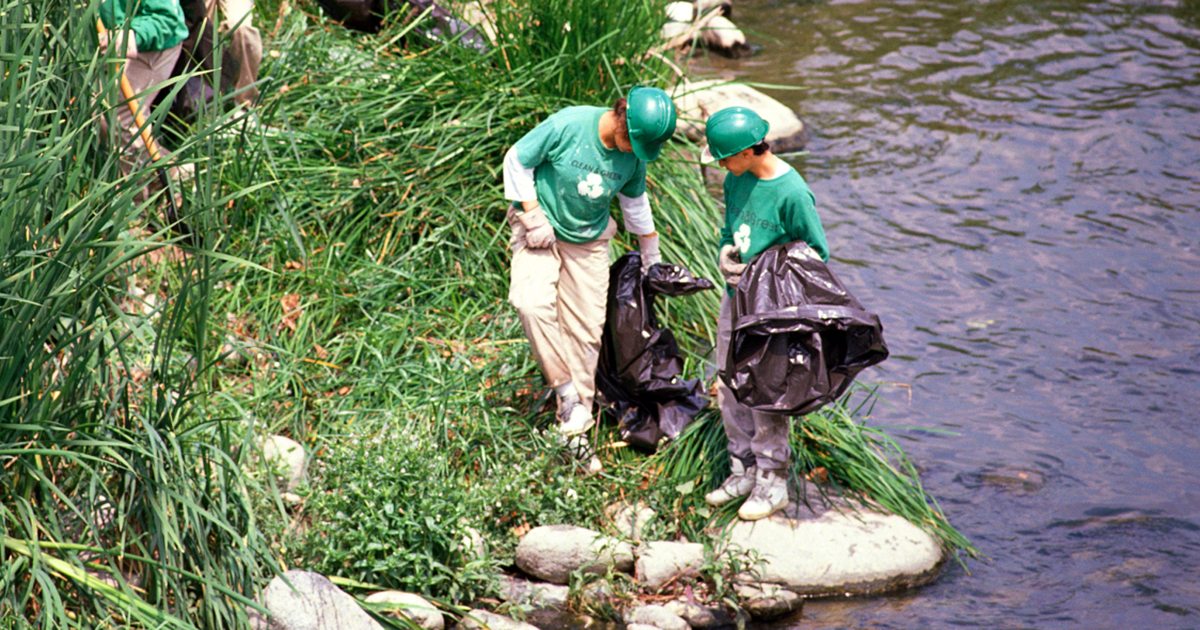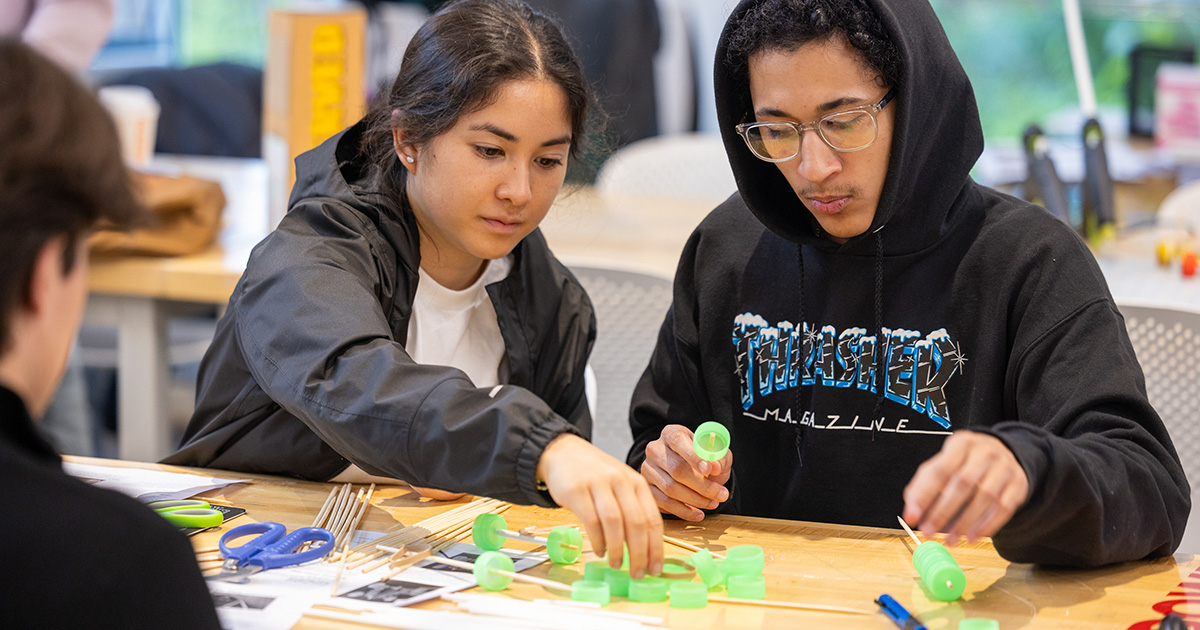Amplifying Impact with AltruHelp

Mathew Paisner is not your average social innovator. To start with, he began his career at Oppenheimer Funds, where he helped oversee its $20 billion taxable fixed income mutual fund product line. Not yet 30 years old and armed with a background in finance, an MBA, and a Lewis Institute Changemaker Award, Paisner now heads AltruHelp, an organization that helps businesses and colleges increase volunteerism by connecting their people to personalized volunteer projects. We spoke to Paisner as AltruHelp entered its final months of beta testing.
AltruHelp is not a charity. What’s the value proposition?
Mathew Paisner: You can think of us as an eHarmony of volunteering and a LinkedIn of philanthropy. We provide a mobile and online community software solution that makes it easy for companies and universities to increase employees’ and students’ participation in community service. There are two major problems we are trying address.
First, Millennials (ages 16-29), have the lowest national volunteer rate of any other age group at 21 percent. The volunteer rate for these future leaders of our companies and schools has declined for over five years! Imagine if we could turn this Millennial slacktivism into activism.
Second, companies and colleges in the U.S. are spending over $1.8 billion annually to promote, market, and manage their volunteer and social good initiatives. They spend substantial resources to increase awareness of the initiatives, yet 80 percent of employees and students are actually unaware of their own company or school’s volunteer efforts.
AltruHelp makes it simple for schools and companies to increase awareness and participation in community service.
How does the technology work?
MP: The software has three key value propositions:
Personalize volunteer-matchmaking and connections. We connect employees and students with real-time, personalized volunteer opportunities and individuals in the community who share their values. Anyone can build what we call a social impact profile in five minutes, which highlights their volunteer interests, skill sets, experience, and location. Using these, AltruHelp then matches individuals with personalized volunteer opportunities.
Follow your impact. We make it easy for everyone to follow the community impact they create over their lives and then report it to employers and schools. Our mobile application allows real-time geo-check-in to verify attendance at volunteer events while enabling people to share photos, stories, and more live from the volunteer activity. Social impact profiles track volunteer experiences, highlight skills used, and calculate a total impact score—what the volunteers did and who was affected. With this data, we provide comprehensive analytics to companies and schools so they can enhance their civic initiatives based on what their people care about and measure the impact created.
Learn and Inspire. Imagine how many people we could inspire if we could easily share the impact we create over our entire lives. Our research found that altruistic behavior can actually reach three degrees of impact through indirect, socially networked interaction. This means that users can actually inspire others to volunteer and create a cascade of altruistic behavior.
Millennials have a high desire for social good and impact but low volunteering rates. Why?
MP: We discovered five significant conditions around Millennial volunteering:
- Scheduling – For 85 percent of Millennials, not giving back is a result of time constraints. It’s not always easy to find volunteer opportunities that align with the busy schedules of students and young professionals.
- No Ask – 45 percent of Millennials say simply not being asked is the main reason for not volunteering.
- Compelling Mission – For those Millennials who do choose to volunteer, a compelling mission or cause is the greatest motivator.
- Group Oriented – Millennials prefer group-oriented activities where they can give back alongside friends, family, and colleagues.
- Professional Development – Millennials prefer opportunities that offer professional skill development, networking, and career/brand building.
We designed AltruHelp technology to satisfy each of these conditions.
Trace the AltruHelp evolution from idea to business.
MP: As a first-year MBA student at Babson College, I took a class in entrepreneurial creativity. The professor asked us to do a project where we addressed a social problem. While I was researching how companies and universities were assisting nonprofits, I stumbled across the problem of Millennial volunteering. I came up with the idea for AltruHelp as a social experiment, brought on two partners, and several of my professors encouraged me to join the Babson MBA Accelerator Program. It was my participation in that program and ultimately the Entrepreneurial Intensity Track that helped my venture evolve, get free office space on the Boston waterfront at the MassChallenge Accelerator, and ultimately become a finalist in MassChallenge’s startup competition. I was invited back to MassChallenge as alumni in residence and AltruHelp ended up winning second place in the BETA Challenge. As we continued to gain traction, my team said, “All right. This is going to become a company.” Now, we’re a Points of Light and Village Capital venture as both organizations have invested in AltruHelp through their National Civic Accelerator.
You’re a Lewis Institute Changemaker. For the record: What’s social innovation?
MP: I believe it’s the ability for an individual or a team to identify a social obstacle and bring together a unique set of resources to address that social challenge. Whether you use technology, relationships, supply chain … that’s not important. How you mobilize and innovate to make a sustainable solution … that’s what’s important.



